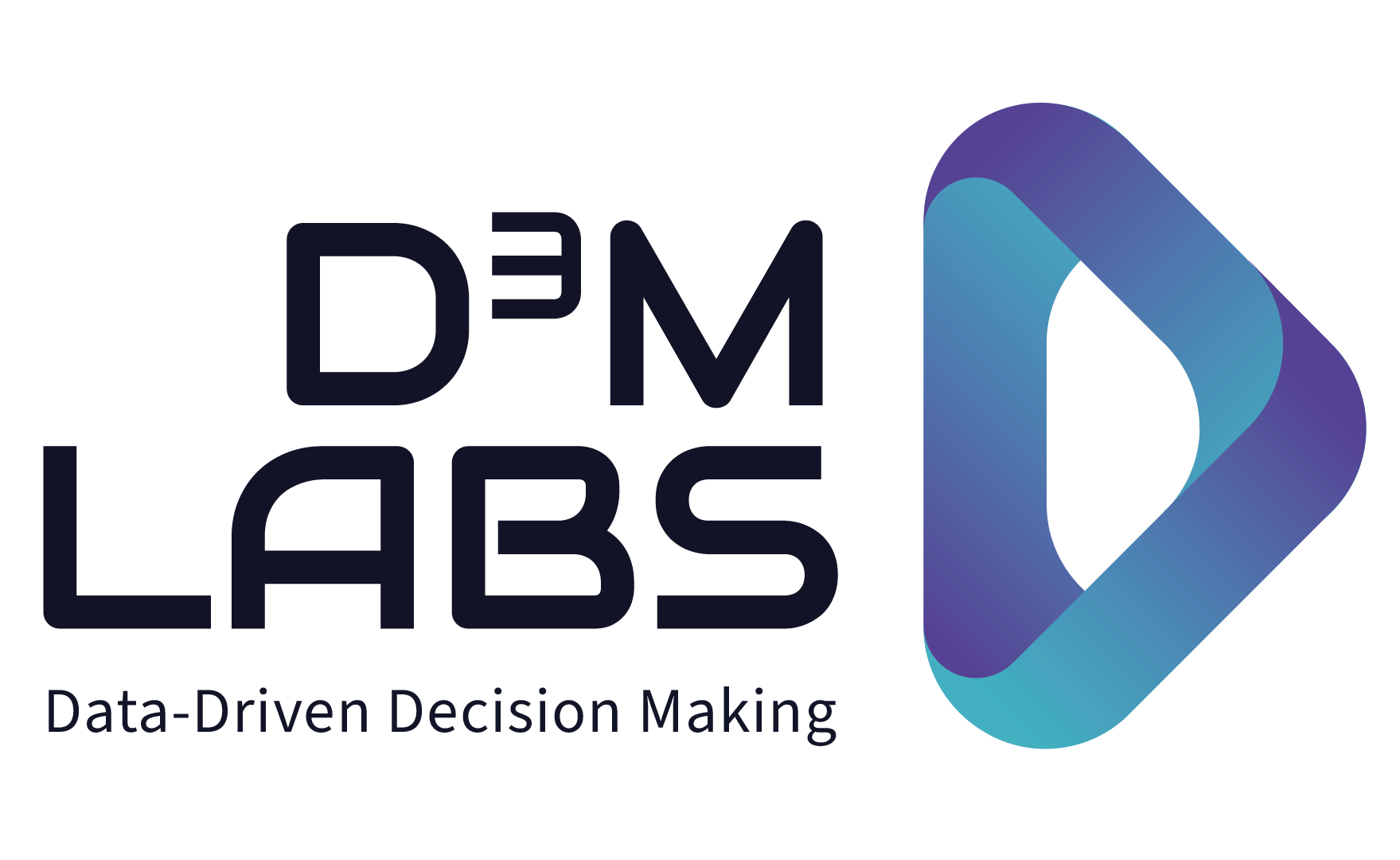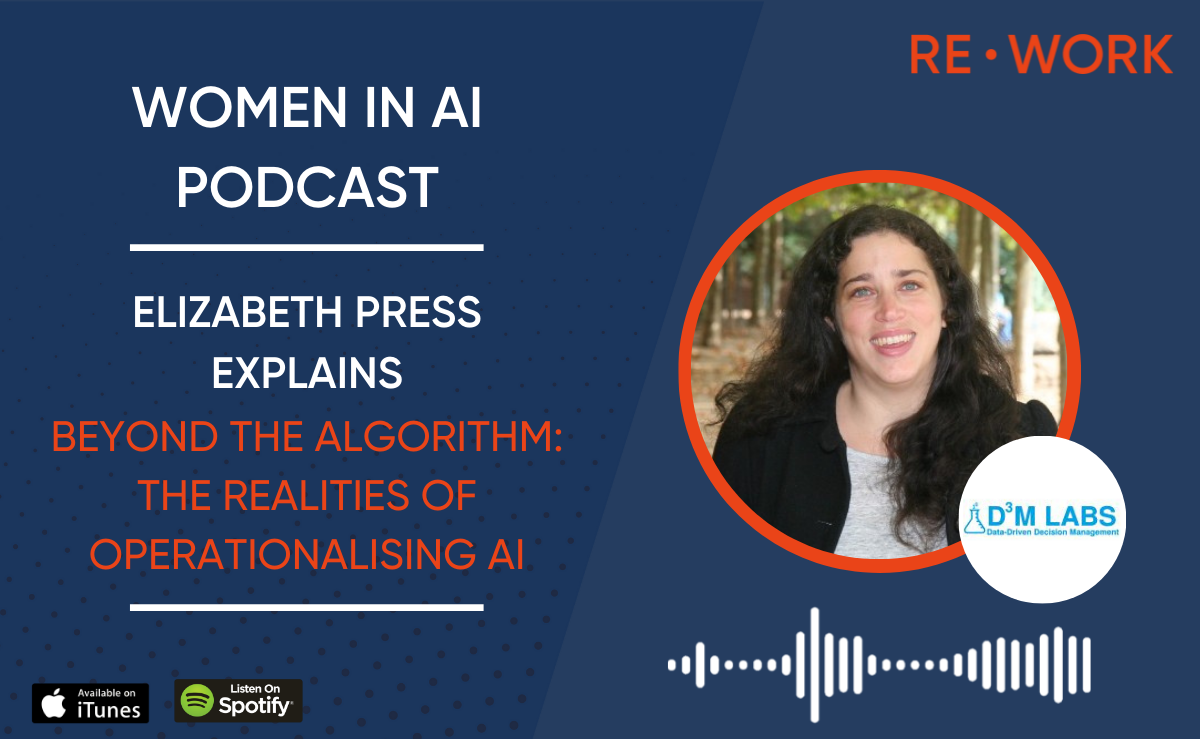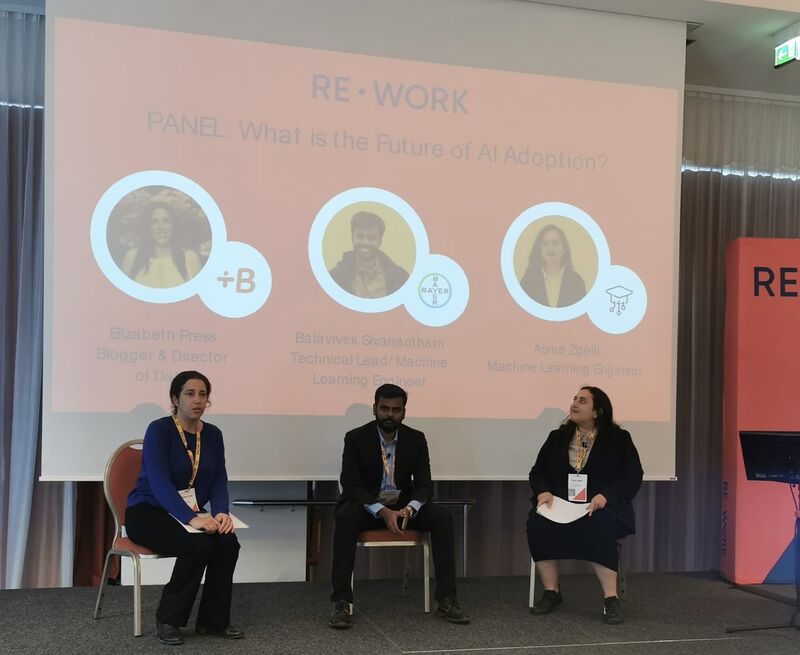Kategorie: AI Strategy
Wie managt man ein Data Science Produkt? – Eine Serie von D3M Labs
Die Datenwissenschaft entwickelt sich von der Forschung und Entwicklung zu Produkten – sowohl online als auch offline….
How to manage the data science product, a D3M Labs Series.
Data science is moving from R&D into products – both online and off. Managing data products requires…
Building defensibility with Data Moats – an interview with Raúl Berganza Gómez
Competitive advantages enable your business to be successful. Defensibility is what you need to keep that competitive advantage. Data Moats leverage data to create parts of your business that are hard for competitors to replicate. In an open source, fast-moving digital world, building a deep moat gives your business the margin and time to maintain competitiveness.
The prevalence of AI and importance of engaging in dialogue
AI is becoming omnipresent in our lives and is shaping our world. Thus wider public involvement in determining how AI is designed and used is important for society. Understanding AI and getting involved in how it is applied and governed might seem daunting, but Varsh Anilkumar offers some ways to get involved and learn about AI.
Beyond the algorithm, the realities of operationalizing AI – A podcast interview with Elizabeth Press
The AI mystique might be the biggest obstacle to AI adoption. The artisanal data scientist who works on an alchemy of code output the magical algorithm impedes discussion on what is needed to commercialize and scale AI solutions. AI needs to be treated like a product and an item to be manufactured and scaled on an industrial level.
What is the Future of AI Adoption?
This article summarizes the main takeaways as discussed in the panel „What is the future of AI adoption?“ at Rework’s Enterprise AI Summit in Berlin.
My top takeaways from the Berlin AI Summit: Understand the problem and don’t neglect operations.
The major challenges to AI implementation are often mind-set based rather than technical. Problems in production and implementation of AI often stem from organizations‘ and practitioners‘ lack of ability and/or desire to thoroughly scope out and define the problem they are trying to solve. Consequently, they often don’t select the right tools, capabilities and processes to implement successfully. Organizations can also negelct operations (such as MLOps), which are important for work efficacy and scale.







